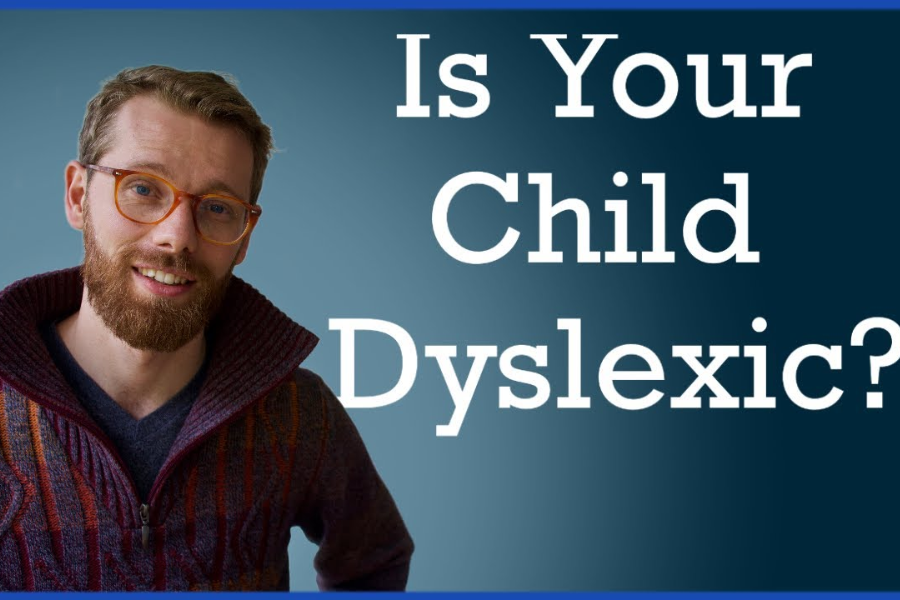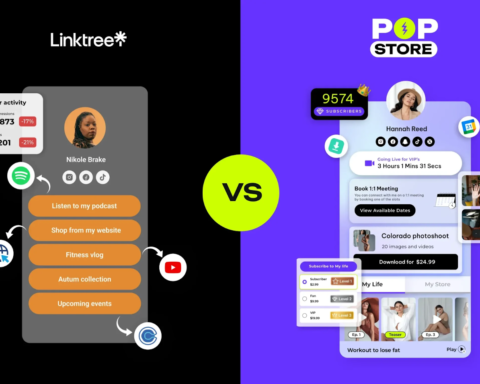As an educator or parent, you may find yourself wondering if a student or child in your care is struggling with dyslexia. This learning difference affects up to 20% of the population, impacting reading, writing, and spelling abilities. Recognizing the signs of dyslexia at various life stages is crucial for early intervention and support. Whether you’re observing a young child just beginning to read, a teenager tackling complex texts, or an adult facing workplace challenges, understanding the symptoms specific to each age group can help you identify potential dyslexia and seek appropriate testing.
The Early Signs of Dyslexia in Preschoolers
Identifying dyslexia in preschool-aged children can be challenging, as many of the symptoms overlap with typical developmental milestones. However, recognizing these early signs can lead to timely intervention and support. Here are some key indicators to watch for in young children: Preschoolers with dyslexia may struggle with language acquisition. They might have difficulty learning new words, pronouncing familiar words correctly, or remembering the names of letters and numbers. Children with dyslexia often struggle with phonological awareness – the ability to recognize and manipulate the sounds in spoken language. They may have trouble:
- Recognizing rhymes in nursery rhymes or songs
- Identifying the first sound in a word
- Breaking words into syllables
Dyslexia Symptoms in Elementary School Children
As children progress through elementary school, dyslexia symptoms become more apparent. Recognizing these signs early can lead to timely intervention and support. Children with dyslexia often struggle with basic literacy skills. They may have difficulty sounding out words, reading fluently, or comprehending written material.
Spotting Dyslexia in Middle and High School Students
As students progress through middle and high school, the signs of dyslexia may become more pronounced due to increased academic demands. It’s crucial to recognize these symptoms early to provide appropriate support.
- Reading and Writing Challenges
Students with dyslexia often struggle with reading fluency and comprehension. They may read slowly, stumble over words, or avoid reading aloud. Writing can be equally challenging, with difficulties in spelling, grammar, and organizing thoughts on paper. These issues can lead to frustration and lowered self-esteem.
- Time Management and Organization
Many dyslexic teens find it hard to manage their time effectively and stay organized. They might struggle to keep track of assignments, meet deadlines, or follow multi-step instructions. This can result in incomplete homework and poor academic performance.
- Memory and Processing Speed
Dyslexia can affect working memory and information processing speed. Students may have trouble remembering verbal instructions or recalling facts they’ve just read. They might also take longer to complete tasks or answer questions, leading to difficulties during timed tests or in-class assignments.
- Social and Emotional Impact
The challenges associated with dyslexia can take a toll on a student’s social life and emotional well-being. They may experience anxiety, depression, or low self-confidence due to academic struggles. Some might act out or withdraw from social situations to cope with their frustrations.
Dyslexia Symptoms in Adults
Adults with dyslexia often continue to struggle with reading and writing tasks. Many adults with dyslexia find that they need extra time to complete written assignments or may avoid writing-intensive tasks altogether. Dyslexia can affect more than just literacy skills. Adults may experience difficulty remembering sequences, such as phone numbers or instructions. They might struggle with time management and organization, finding it hard to keep track of appointments or deadlines. These challenges can impact both personal and professional life, leading to increased stress and anxiety. While many adults with dyslexia are articulate speakers, some may experience verbal quirks. They might have trouble finding the right word in conversation, mixing up similar-sounding words, or struggling to remember names
Getting Tested for Dyslexia at Any Age
Dyslexia can affect individuals at any stage of life, and recognizing the need for assessment is crucial. Whether you’re a parent concerned about your child’s reading progress, a teenager struggling with academic performance, or an adult facing workplace challenges, seeking a professional evaluation is the first step towards understanding and managing dyslexia.
The Testing Process
Professional dyslexia assessments typically involve a comprehensive evaluation of reading skills, phonological awareness, and cognitive abilities. These tests are conducted by trained specialists such as educational psychologists or speech-language pathologists. The process may include:
- Standardized reading and spelling tests
- Phonological processing assessments
- Cognitive ability evaluations
- Memory and processing speed tests
Conclusion
As you continue to observe and support individuals with dyslexia, remember that symptoms can manifest differently at various life stages. By staying vigilant and informed about these indicators, you can play a crucial role in early identification and intervention. Whether you’re a parent, educator, or healthcare professional, your awareness can make a significant difference in a dyslexic person’s life. While dyslexia presents challenges, it’s important to recognize that with proper support and strategies, individuals with dyslexia can thrive academically and professionally. By fostering a supportive environment and utilizing appropriate resources, you can help ensure that those with dyslexia reach their full potential and lead fulfilling lives.
Please include attribution to WPS Publish with this graphic.








